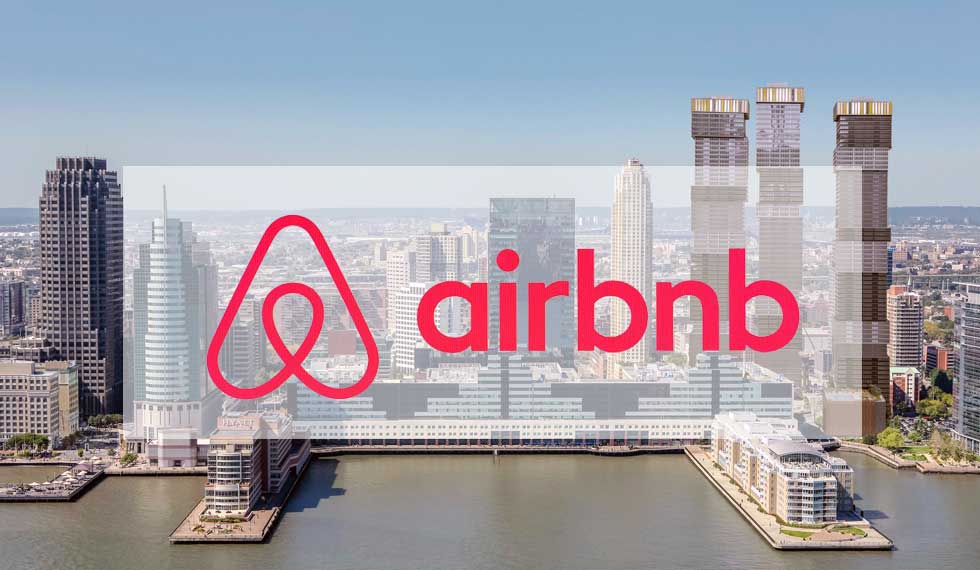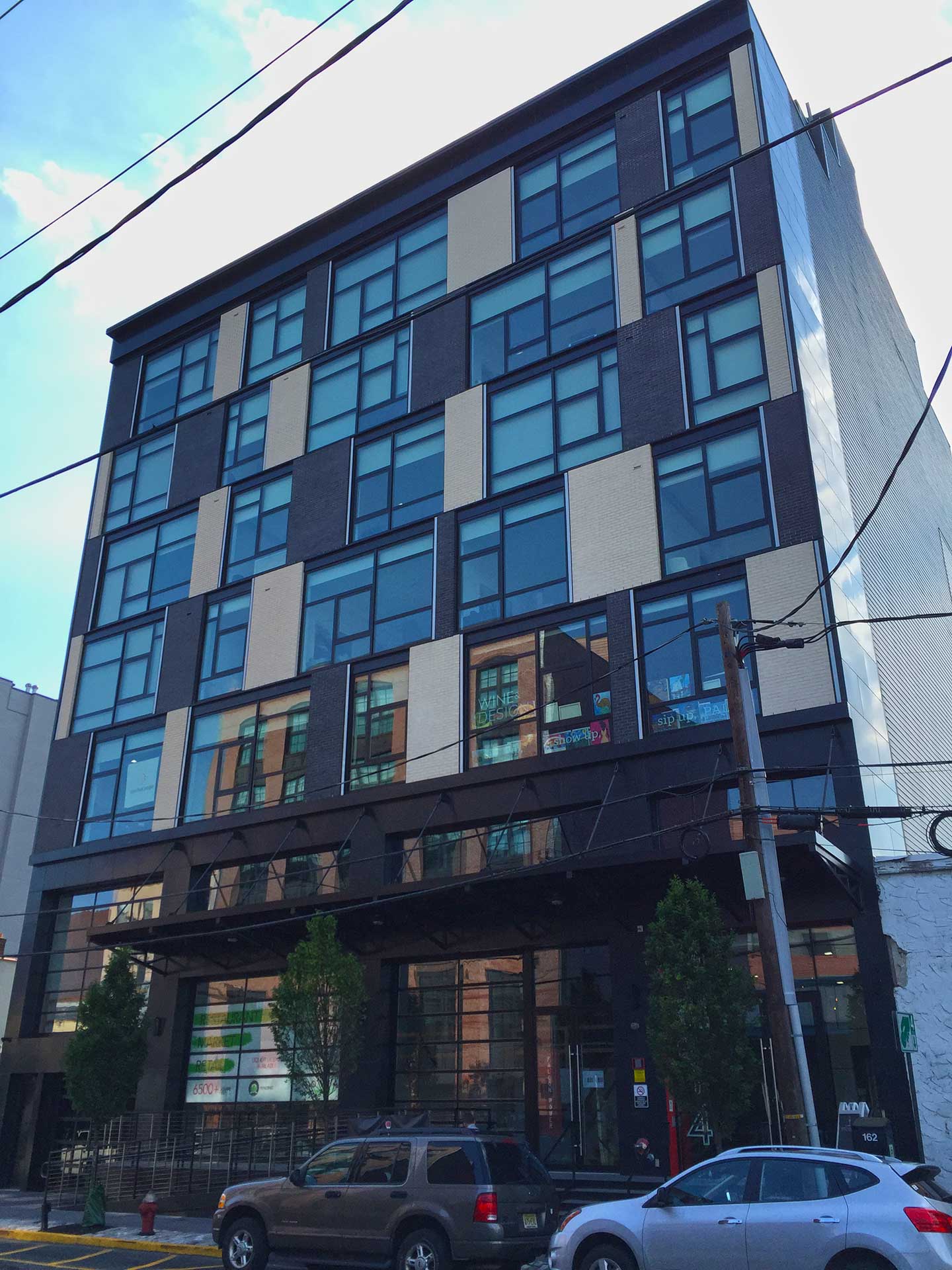 The rise of Airbnb and other short-term rental sites is a hot topic in many cities around the country, but regulations on the relatively new trend can be confusing for people trying to figure out if listing their apartment on the service is lawful.
The rise of Airbnb and other short-term rental sites is a hot topic in many cities around the country, but regulations on the relatively new trend can be confusing for people trying to figure out if listing their apartment on the service is lawful.
The legality of renting your place out on services like Airbnb usually depends on your zip code. Officials in New York City, where state laws ban most short-term rentals, have aggressively fought the practice, with the state legislature passing a bill last month that would heavily fine hosts who rent out their spaces on Airbnb-type sites.
But on the other side of the Hudson, New Jersey’s long history of “home rule” applies to Airbnb listings. State laws do not currently place any restrictions on owners who wish to rent their property out short-term, which means regulation choices are made at the local level and can vary wildly.
The state’s two biggest cities have embraced Airbnb. Jersey City legalized short-term Airbnb-type rentals late last year, only requiring hosts to pay the city’s 6% hotel tax. The city also entered into an agreement with Airbnb to collect the tax from hosts. Newark entered into a similar deal with Airbnb in April this year.

Elsewhere, Hoboken has taken a seemingly laissez-faire attitude towards Airbnb over the years, making no moves to regulate Airbnb-type rentals. One development, the NoVia Lofts, was actually partially converted into short-term business rentals earlier this year.
But those apartments, like all Airbnb rentals in the Mile Square City, are currently not subject to the city’s hotel tax. While declining to provide specifics, city spokesperson Juan Melli told Jersey Digs that Hoboken “is currently reviewing its policies” in regards to short term rentals, and “Mayor Zimmer will work with the City Council to determine if any changes in our laws are necessary.”
Other local governments haven’t been so keen on Airbnb rentals. In December last year, Union City’s Board of Commissioners passed a “Peace and Good Order” resolution banning residents from renting out their properties for fewer than 31 days, effectively barring Airbnb-type rentals completely. Violators of the law face a $250 fine.
While other cities along the Hudson have yet to take similar steps, a North Bergen spokesman recently told the Hudson Reporter that their township is evaluating regulations that would limit short-term rentals. And an Edgewater official told the Bergen Record that the borough is also drafting an ordinance against Airbnb.
Up in Fort Lee, one and two-family homes are already prohibited from playing host to short-term renters under the borough’s zoning ordinances and it sounds like those restrictions may soon be expanded. During a public meeting earlier this month, Mayor Mark Sokolich said that Airbnb rentals near his home have “utterly destroyed the quality of life of the entire neighborhood” and the town may ban the rentals later this summer.
On August 1st in neighboring Leonia, Council members are expected to weigh in on an ordinance that would prohibit renting out residences in the town for less than 30 days.
Besides government regulations, property owners should also take a look at their condo association rules before listing their place on Airbnb. Some homeowner associations have bylaws that restrict renting out a residence short-term, rules that may become more frequent as the popularity of Airbnb rises. An aggressive condo association could fine violators if they discover the rule breaking.
So if you’re an owner considering renting your place on Airbnb, check your local zoning ordinances and condo association bylaws first. And stay tuned to see if some local cities change their rules later this summer.